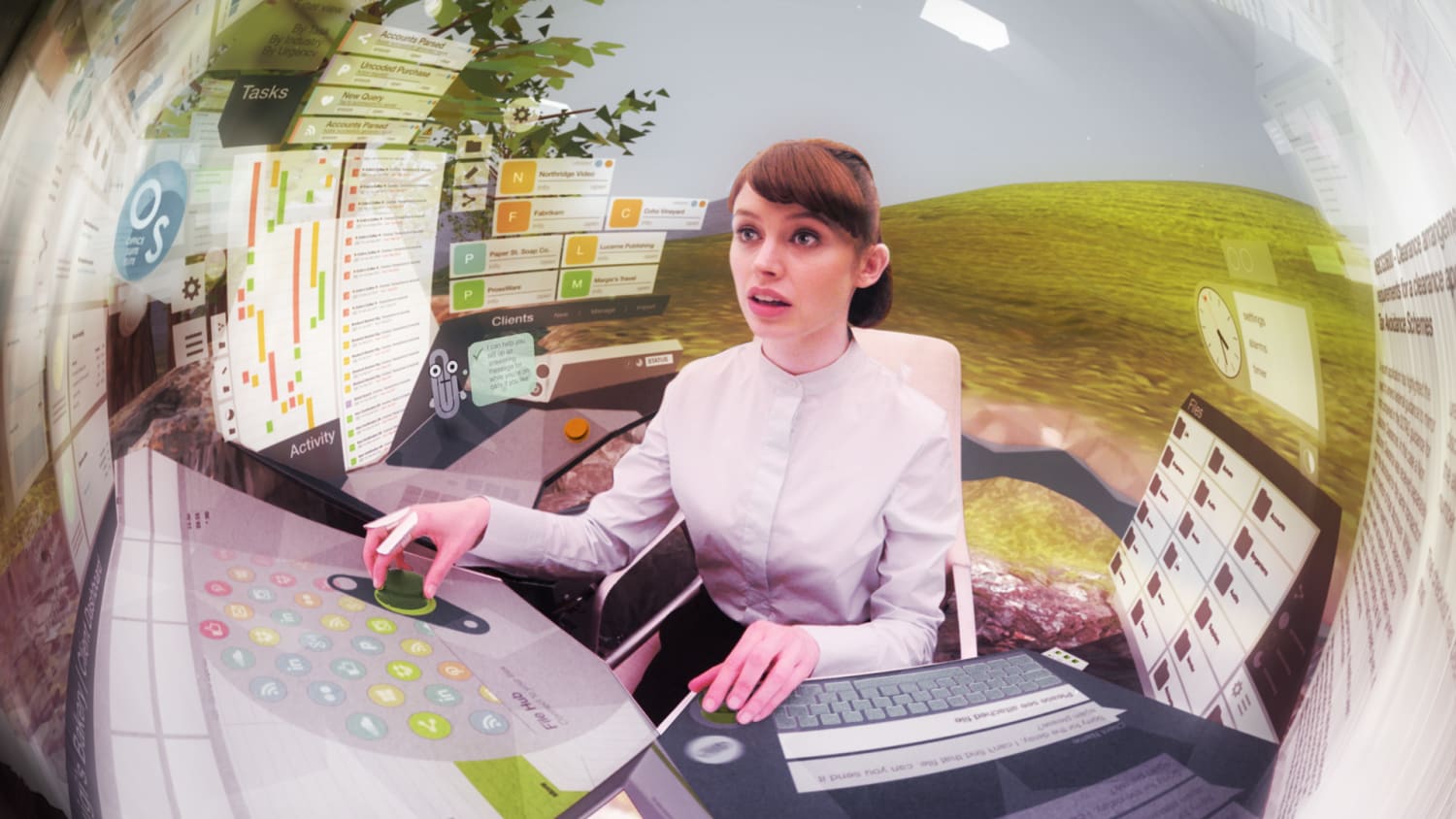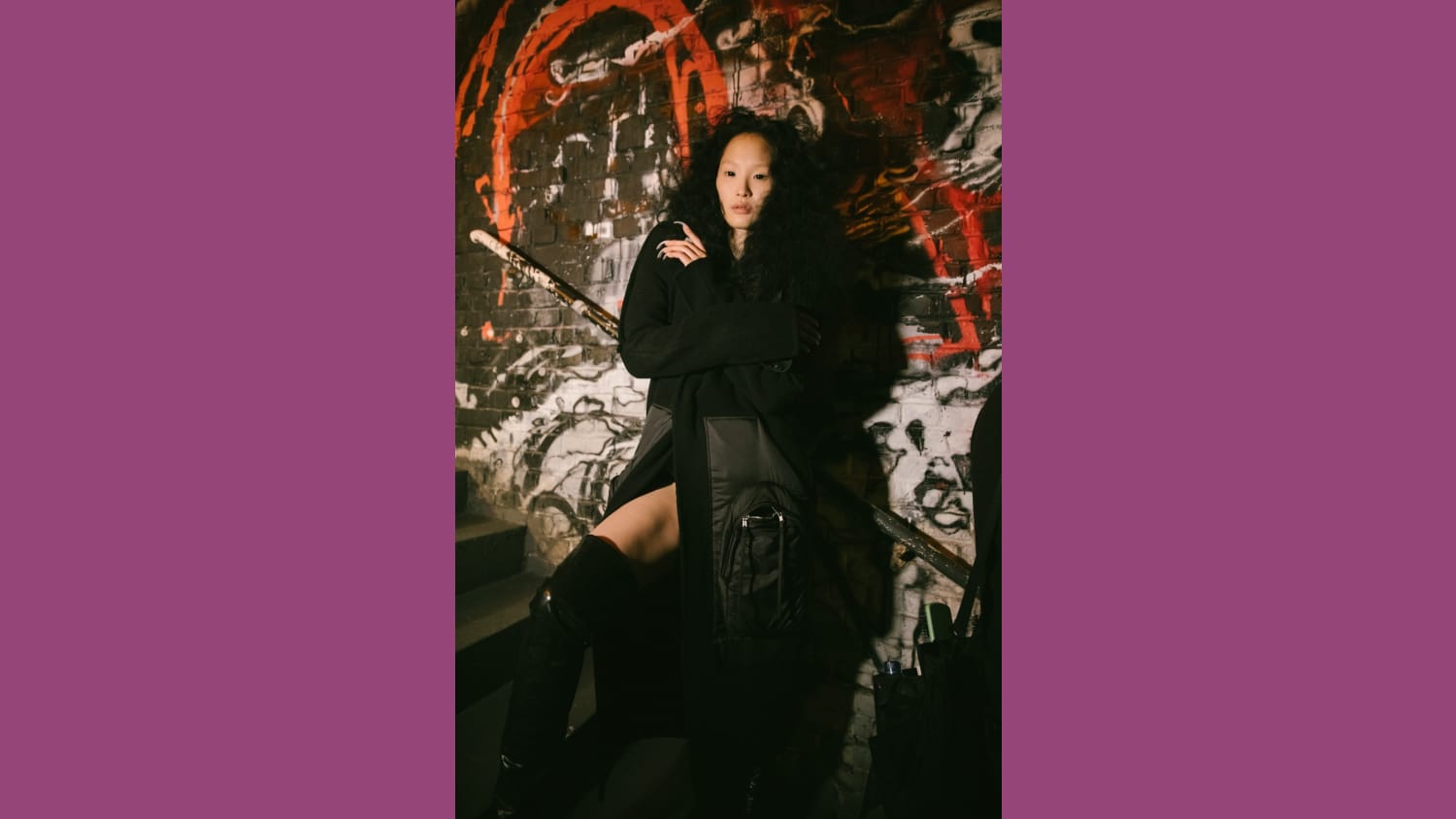In the quest to achieve ultimate happiness, Americans are embarking on exhausting, expensive self-help seminars, meditation retreats, workplace wellness programs, and endless positive self-talk—and yet, despite all of these safeguards, they are more anxious than ever before. The abundance of self-care doesn’t seem to be shielding anyone from an endless list of stressors, from financial insecurity to job instability to political upheaval.
The Anxiety Economy explores how instability and disruption are having a profound impact on culture and emerging trends. Behavior driven by fear, from the extreme (and the paranoid) to the more justified, is creating new market opportunities as consumers seek ways to self-soothe and navigate the storm. A few topics covered in the report includes:
Workplace wellbeing
According to the Global Wellness Institute, workplace wellness is a $48 billion market that is only set to grow. Startups are addressing the uptick in work anxiety with innovative products, while firms are investing in programs designed to improve their employees’ mental and physical health.





